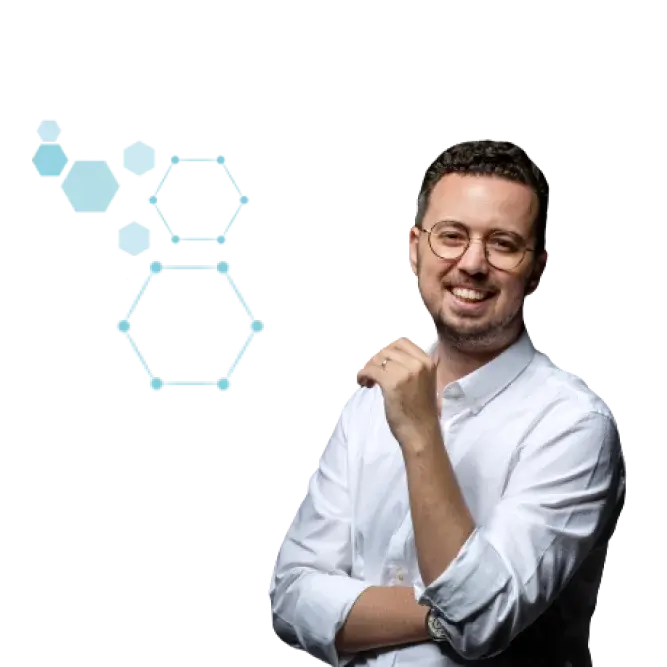Schizophrenia and psychosis are complex mental health disorders that can significantly impact an individual's thoughts, emotions, and behavior.
If you or a loved one have been diagnosed with schizophrenia or psychosis, it’s essential to have a thorough understanding of these conditions and the available treatment options. German Medical Center in Dubai is dedicated to providing comprehensive care, support, and cutting-edge treatments for individuals living with these mental health disorders. In this article, we will explore the nature of schizophrenia and psychosis, shed light on effective treatments, and highlight the specialized services offered by German Medical Center.
Schizophrenia and psychosis are complex mental health disorders that can significantly impact an individual’s thoughts, emotions, and behavior. Schizophrenia is characterized by symptoms such as hallucinations (seeing or hearing things that aren’t there), delusions (strongly held false beliefs), disorganized thinking, and difficulties with social interaction. Psychosis, on the other hand, is a broader term that encompasses various conditions characterized by a loss of contact with reality, including hallucinations, delusions, and disorganized thoughts.
German Medical Center in Dubai is renowned for its expertise in the field of mental health. Their team of compassionate professionals understands the challenges faced by individuals with schizophrenia and psychosis, and they are committed to providing personalized care in a supportive environment. At German Medical Center, you can expect:
– Experienced Psychiatrists: The center boasts highly qualified psychiatrists who specialize in the diagnosis and treatment of schizophrenia, psychosis, and other mental health disorders.
– Comprehensive Assessments: German Medical Center conducts thorough assessments to ensure an accurate diagnosis and create individualized treatment plans tailored to each patient’s needs.
– State-of-the-Art Facilities: German Medical Center offers a comfortable and welcoming environment for patients to receive the highest quality of care.
If you or someone you know is struggling with schizophrenia or psychosis, it’s crucial to seek professional help and explore the available treatment options. Contact German Medical Center in Dubai today to schedule a consultation with their expert team. Reclaim your mental well-being and embark on a journey towards recovery.
Our team of experts are passionate about providing only the best quality care and treatment to their patients.

Psychiatrist
Dealing with mental health conditions such as anxiety, depression, bipolar disorder, and mood swings can significantly impact our overall well-being....
Obsessive-Compulsive Disorder (OCD) is a mental health condition characterized by recurring thoughts (obsessions) and repetitive behaviors...
Our customers are at the heart of everything we do, and we are committed to providing them with one of the best possible care and service and that's why platforms like UpTopics publish us in top.

Based on 206 Google Reviews

Partner with:
Partner with:


German Medical Center is one of the leading medical institution in Dubai formed by a group of specialists who are passionate about providing the personalized care tailored to the patient's unique needs.
Fill out our easy online form to book an appointment with German Medical Center. Our team of experts is dedicated to providing you with personalized care and guidance every step of the way. Don't wait, take charge of your well-being and schedule your appointment now!